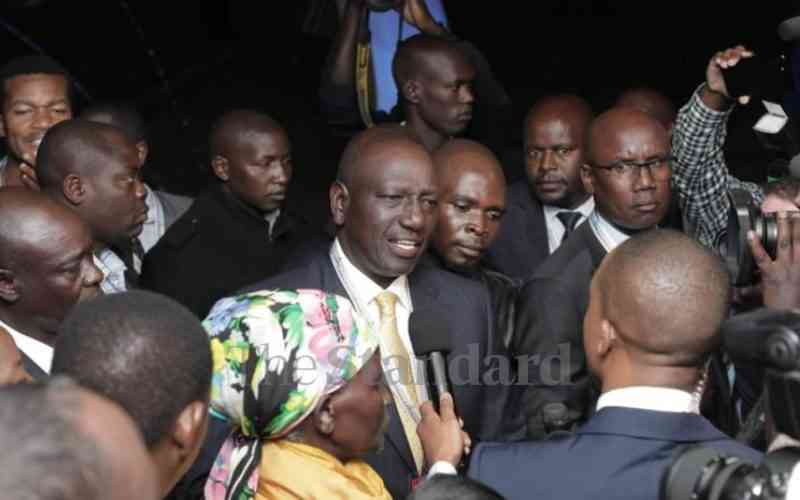×
The Standard e-Paper
Stay Informed, Even Offline

Deputy President William Ruto's wife Rachel Ruto was among the first Kenyans to comment on her husband's performance after the presidential debate on Tuesday evening.
"Congratulations Bill," she tweeted. "You were perfect. The last man standing. May God carry you through."